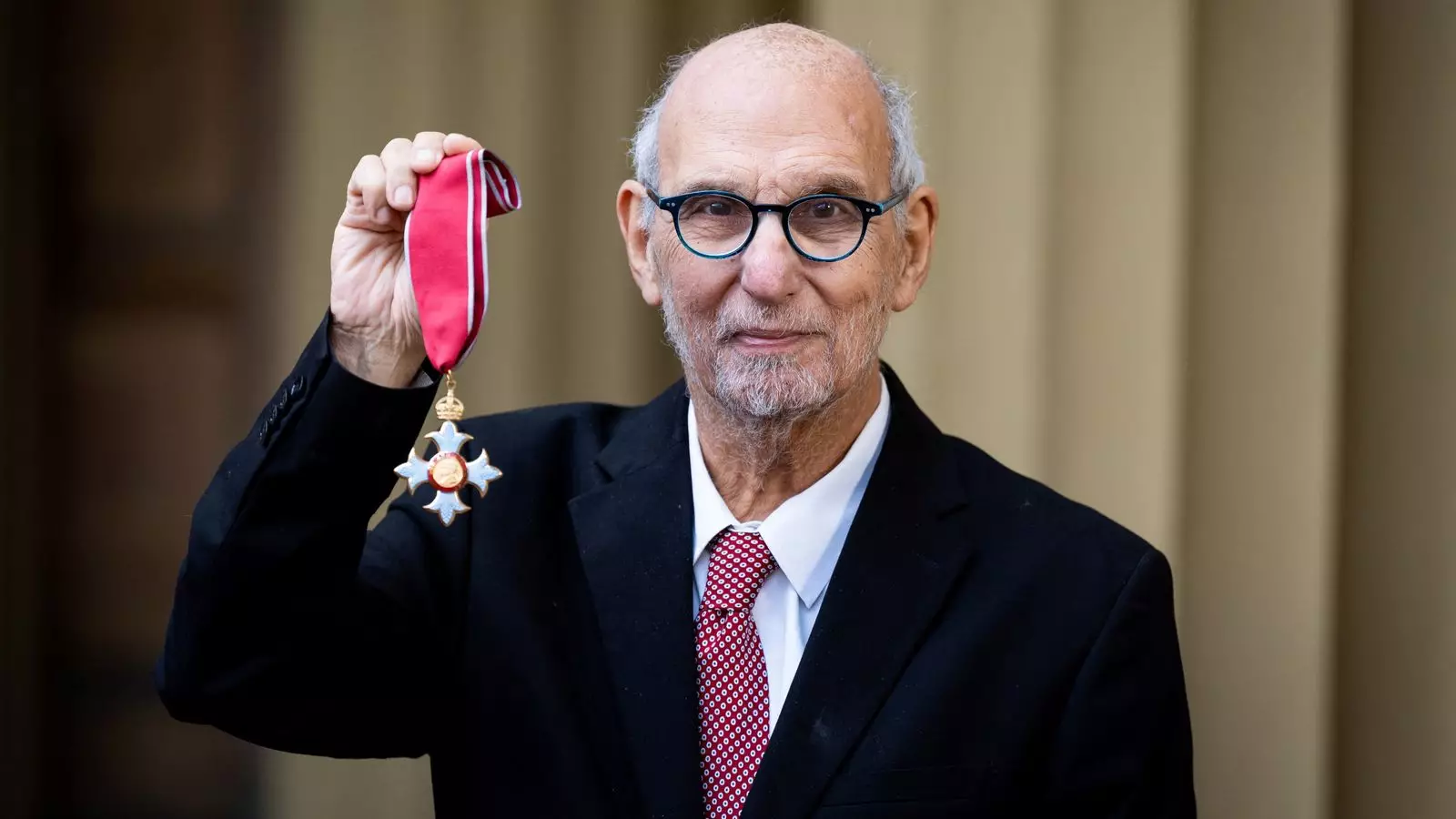The recent passing of Alan Yentob, the former BBC presenter and executive, at the age of 78 has elicited a profound sense of loss among those who cherished the rich cultural fabric he wove throughout his career. Although Yentob’s achievements in broadcasting are widely acknowledged, the real essence of his impact lies not merely in the accolades but in the way he engaged with the world—a vibrant blend of curiosity, humor, and kindness. His wife, Philippa Walker, articulated this essence beautifully when she remarked that every day with Alan promised something unexpected. This sentiment encapsulates the adventurous spirit that defined Yentob’s contributions to British television.
Yentob’s trajectory through the BBC—a journey that began in 1968 as a trainee—wasn’t just a career; it was a passionate commitment to storytelling that resonated deeply with audiences. He spent decades shaping content that reflected the complexities of human experience, from ground-breaking children’s programming to timeless dramas like *Pride And Prejudice*. Such a diverse portfolio illustrates his ability to adapt to the shifting cultural tides, making him not just a participant in broadcasting but a pivotal creator of it.
Champion of the Arts and Advocate for Public Service
The hallmark of Yentob’s career was his unwavering dedication to the arts and public service. As a Director of Television at the BBC, he didn’t just prioritize viewership ratings; he championed narratives that uplifted and challenged societal norms. The development of pioneering programs like CBBC and CBeebies displayed his understanding of the essential role that media plays in shaping young minds. His belief in the transformative power of culture was personal, genuine, and far from performative.
In a landscape often dominated by commercial interests, Yentob stood as an advocate for public broadcasting’s role in society. His tenure at the BBC highlights a vision that extends beyond mere entertainment; it’s about fostering understanding and shared experiences among viewers. This remains critical in today’s fragmented media environment where sensationalism often trumps substance.
A Uniquely Original Voice Silenced
The BBC’s current director-general, Tim Davie, aptly described Yentob as a “towering figure” in broadcasting and the arts. His accolades, including being made a Commander of the Order of the British Empire (CBE), reflect his heavy influence on television and culture in post-war Britain. Yet, rather than a focus on titles and honors, it’s the depth of his character that resonates most profoundly. Much has been said about the significance of his contributions, but it is his unique ability to empathize with both creators and audiences alike that sets him apart as an original force in British culture.
The tributes pouring in, including heartfelt messages from contemporaries like BBC Radio 4’s Amol Rajan, emphasize the importance of Yentob’s kindness and originality. He defied the odds, emerging from humble beginnings to become an icon in media, proving that authenticity shines brighter than any accolade.
Yentob’s absence is palpable, leaving a void that serves as a reminder of the urgency to foster creativity and compassion in every aspect of our lives. The cultural landscape he helped craft will continue to echo, bearing witness to the legacy of a remarkable man who saw the world not just as it was, but as it could be. His passing may have dimmed a brilliant light, but the trail of love and inspiration he left behind continues to illuminate the path for future generations in the arts and media.


Leave a Reply